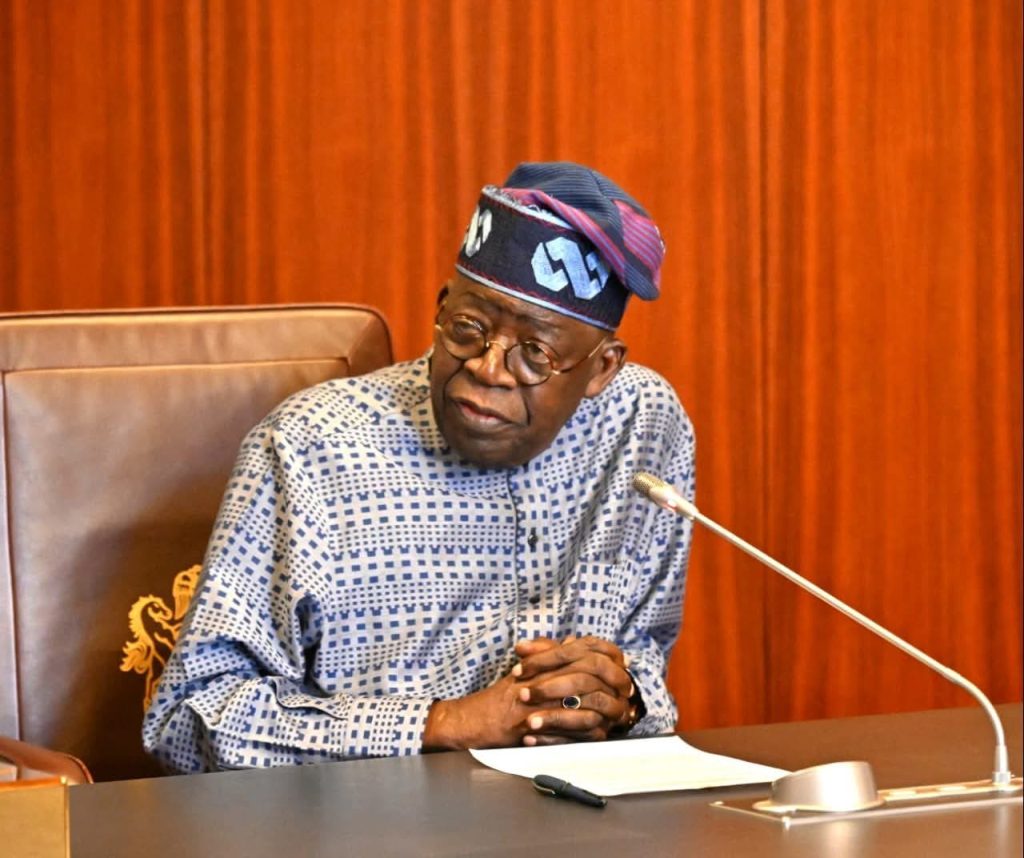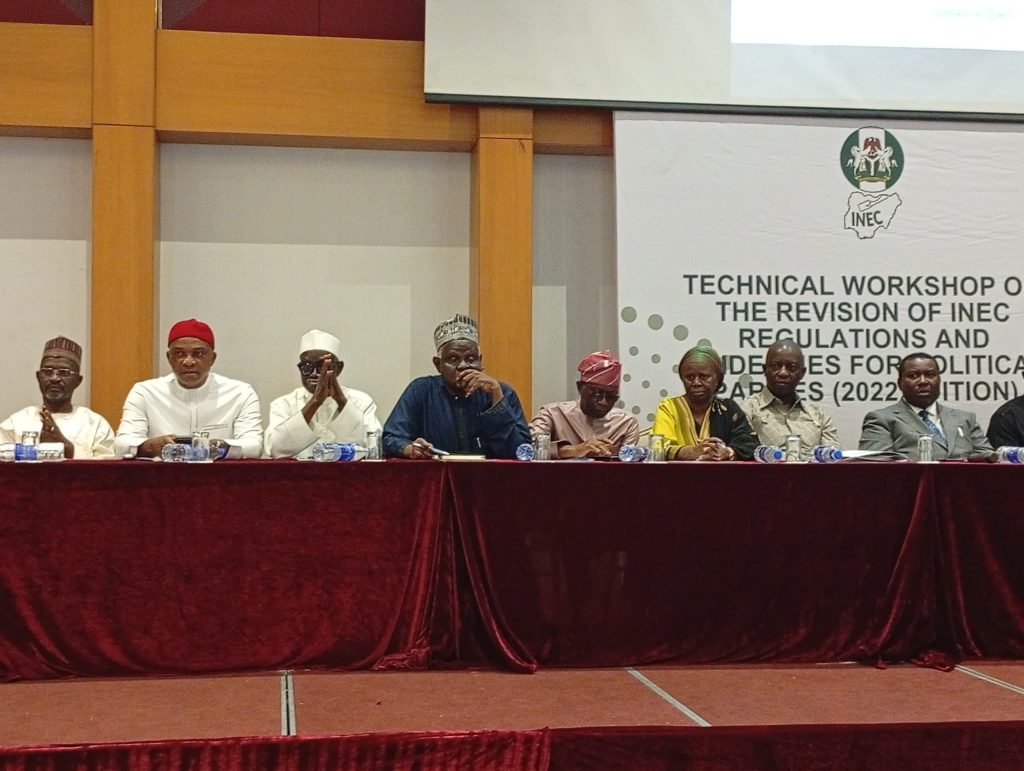University Chancellor Criticizes Nigeria’s Policy on Student Age Limit
Aare Afe Babalola, the Chancellor of Afe Babalola University in Ado Ekiti, has spoken out against the Nigerian government’s decision to bar students under the age of 18 from writing the West African Examination Council (WAEC) and National Examination Council (NECO) exams, as well as gaining admission to universities in the country.
In a statement, Babalola described the policy as "unacceptable and retrogressive," cautioning the government against using its policies to retard the growth and pursuit of young citizens who could provide solutions to the nation’s challenges. He emphasized that the minimum age requirement should not limit the admission of students with exceptional abilities.
The policy, reiterated by the Minister of Education, Prof. Tahir Mamman, prohibits students under the age of 18 from enrolling in WAEC and NECO exams, as well as universities. However, Babalola believes that this limits the opportunities for young students with exceptional abilities.
"We do not forge with our own hands the chain that will hamper the development of our gifted children," he said. "The minimum age requirement should also give universities the discretion to admit children below the age of 16 who are endowed with exceptional ability."
Babalola pointed out that many universities around the world, including those in the UK, Australia, Norway, and South Korea, have the discretion to waive the minimum age requirements for students who meet the admission requirements and possess exceptional academic potential.
The ABUAD Chancellor also quoted the American psychologist Elaine Aaron, who said, "What could we need more right now than people who think carefully, feel deeply, notice the subtle details, and end up having the big picture?" He emphasized that these qualities are essential to nation-building, and age is not a requirement to obtain them.
"Maturity is not a function of age. Rather, it is a function of the mindset, emotional intelligence, and the ability to understand oneself and the world. Maturity is earned from training the mind, not from aging," Babalola said.
In conclusion, Babalola emphasized that the university autonomy should be respected, and students with exceptional abilities should not be limited by their age. He called for a reconsideration of the policy to allow universities to exercise their discretion in admitting students with exceptional abilities.



